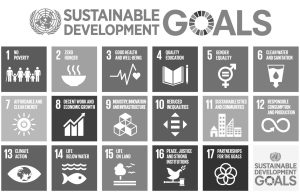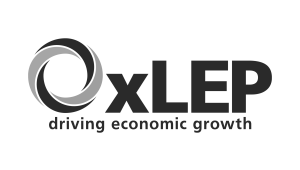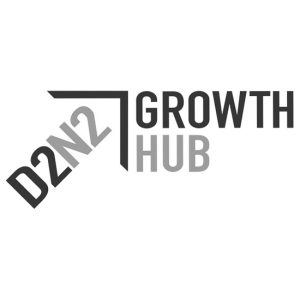COP26 dominated our newsfeeds, radio waves and television screens in November 2021, and rightly so. We are on the verge of no going back; time for ideas and negotiation has passed, we need action.
Perhaps influenced by this coverage, but also inspired by a spell in the most spectacular Scottish Highlands, I remember reflecting on what we as small business owners can actually do to influence the future. It is very easy to think of sustainability as being a government responsibility where little is achieved without legislation or large corporations implementing radical changes.
Armed with my iPhone and 4G that could only be reached by perching on a rock jutting out into Loch Sunart, I started to read more and more, my only distraction being the most amazing sea otters bobbing up and down in the water. I came across the 17 Sustainable Development Goals and their individual targets, and to be honest, I felt completely overwhelmed and disheartened. What impact could my small business ever have? How could I as a business owner ever contribute? Very quickly I felt myself reverting back to my longstanding view that little is achievable without the huge scale commitment and cooperation of global administrations. And whilst that may still be true …
I started to think about the sheer volume of Small Medium Enterprises (SMEs) not only in the UK but across the world. There are over 6 million SMEs in the UK, and almost 213 million globally, with most OECD countries reporting that they contribute anywhere between 50% and 70% of GDP. Staggered by the global statistics, I started to wonder about our ‘collective’ power. Instead of wondering what was achievable without large scale government legislation and corporate buy in, I started to wonder whether anything was achievable without the understanding and commitment of the world’s SMEs.
Thinking pragmatically, no business can attack all 17 goals. However, I think the key is small changes in volume. So, as an SME, I started to question what would happen, if we were all to focus on 2-3 of the 17 and commit to having our company understand, prioritise, measure, and address our impact. Some companies may already have aligned themselves with certain goals such as climate change, empowerment in the workplace, diversity, etc. but do they have full stakeholder buy-in and are they truly measuring, reporting, and addressing their impact?
It is easy to see how these 17 goals provide a best practice framework, that when followed closely can lead to innovation and competitive advantage for SMEs as well as the ‘feel good’ factor that they are contributing to a more sustainable and prosperous world for all. But the truth is, as small cogs in large supply chains, SMEs will sooner or later be forced to follow stringent sustainability requirements like reporting on labour practices, reducing carbon emissions, reducing use of harmful materials, etc. or find themselves outside of those vital supply chains or unable to bid for work. It became clear to me that whilst the majority of regulation is currently corporate-focused, this is our opportunity to get ahead of the game.
When we also consider that we have witnessed in recent years the emergence of the socially conscious consumer and business customer who actually cares about issues like human rights and eliminating slavery; and who would rather pay a premium for a product that protects nature than a lower price for one that contributes to its destruction. Alignment to a selection of the 17 goals could result in us attracting and retaining these enlightened customers.
So, back to today, when the rolling Carmarthenshire hillside has replaced the rugged Highlands landscape, I ask you to consider selecting just 2-3 focus goals, and establish a measurement and reporting framework, just small steps. This will allow you to set targets and share important benchmarking information with your suppliers, customers, and regulatory bodies, demonstrating that however small your business may be, you can make a vital contribution.
When you have 5 minutes, just take a look at 17 Sustainable Development Goals and have a think or brainstorm with your team about which ones you feel an affinity with and which you could align the business to and how – Sustainable Development Goals.
At Global Trade Department we focus our work on sustainability and its relation to global trade and supply chains; we are fortunate to have some phenomenal associates who are dedicated sustainability experts, and we’d be delighted to introduce you to these where you would find that of value.
To discuss this issue further and develop a support plan that best meets your business needs, just book a slot at a date/time that works for you in our Global Trade Clinic. These sessions are free, impartial, and confidential.














